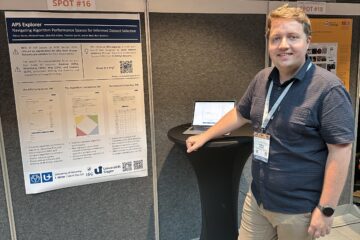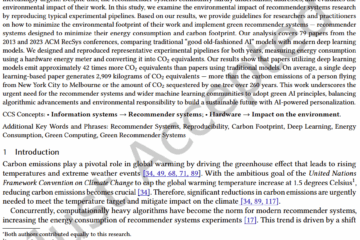One reason why we originally started the development of Docear was our interest in how people are creating mind-maps and how the information contained in mind-maps could be used for building recommender systems and other user-modeling applications. As a result, we developed Docear’s research-paper recommender system, and if you are interested in how the recommender system works, you might be interested in our new research article which was just accepted at the 23rd Conference on User Modelling, Adaptation, and Personalization” (UMAP’15). The article is titled “Exploring the Potential of User Modeling based on Mind Maps”, the pre-print is available here, and this is the abstract:
Mind maps have not received much attention in the user modeling and recommender system community, although mind maps contain rich information that could be valuable for user-modeling and recommender systems. In this paper, we explored the effectiveness of standard user-modeling approaches applied to mind maps. We develop novel user modeling approaches that consider the unique characteristics of mind maps. The approaches are applied and evaluated using our mind-mapping and reference-management software Docear. Docear displayed 430,893 research paper recommendations, based on 4,700 user mind maps, from March 2013 to August 2014. The evaluation shows that standard user modeling approaches are reasonably effective when applied to mind maps, with click-through rates (CTR) between 1.16% and 3.92%. However, when adjusting user modeling to the unique characteristics of mind maps, a higher CTR of 7.20% could be achieved. A user study confirmed the high effectiveness of the mind map specific approach with an average rating of 3.23 (out of 5), compared to a rating of 2.53 for the best baseline. Our research shows that mind-map specific user modeling has a high potential, and we hope that our results initiate a discussion that encourages researchers to do research in this field and developers to integrate recommender systems to their mind-mapping tools.
Download Preprint
The conference takes place 29th June to 3rd July 2015 in Dublin. Let us know if you are also attending.



0 Comments